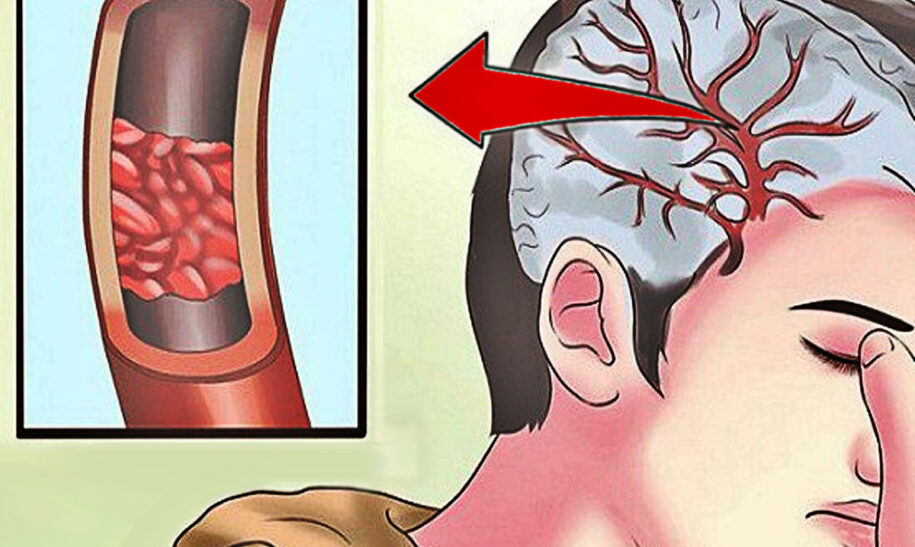32 Signs You Immediately Need More Magnesium! (and How To Get It)
Can the lack of one nutrient have a noticeable impact on our health? It turns out that it can, and the consequences can be detrimental…
With the American diet changing in nutritional value drastically over the past 20-30 years a rise in health issues and deficiencies have become common. Magnesium happens to be the most common form of undernourishment as it was traditionally derived from soil. The soils of today are severely depleted with artificial fertilizers only supplying N-P-K to the eroded soils. N-P-K stands for nitrogen, phosphorus, and potassium; which is barely enough for a plant to grow and look like a plant.
32 SIGNS THAT YOU HAVE A MAGNESIUM DEFICIENCY:
1. Anxiety
2. Asthma
3. Blood clots
4. Bowel disease
5. Calcium deficiency
6. Confusion
7. Constipation
8. Cystitis
9. Depression
10. Difficulty swallowing
11. Dizziness
12. Fatigue
13. Fertility/childbearing issues: Getting or staying pregnant, preeclampsia, preterm labor
14. High blood pressure
15. Heart issues
16. Hypertension
17. Hypoglycemia
18. Insomnia
19. Liver and kidney disease
20. Memory loss
21. Migraines
22. Muscle cramps
23. Nausea
24. Osteoporosis
25. Personality changes: often similar to symptoms of anxiety, depression, and other mood disorders
26. Potassium deficiency: may cause extreme thirst, fluid retention, and irritability
27. Raynaud’s syndrome: may cause cold fingers or toes, color changes in skin due to temperature changes, and numbness in extremities
28. Respiratory difficulties
29. Seizures
30. Tooth decay
31. Tremors
32. Type II diabetes
Magnesium is used in over 300 bodily processes, and its deficiency disrupts the smooth communication from the brain signals to the cell. Magnesium regulates the circulatory system, bone health, sleep, energy, and mood, to name a few examples.
Natural forms of magnesium are firstly suggested like dark leafy vegetables, beans, seeds, nuts, and fish. Pharmaceutically produced magnesium (pills) is harder for the body to bind to and absorb, then ends up being discarded. If you must consume a pill, a combination of other vitamins and minerals is suggested in order to assist the body to absorb the nutrients.


